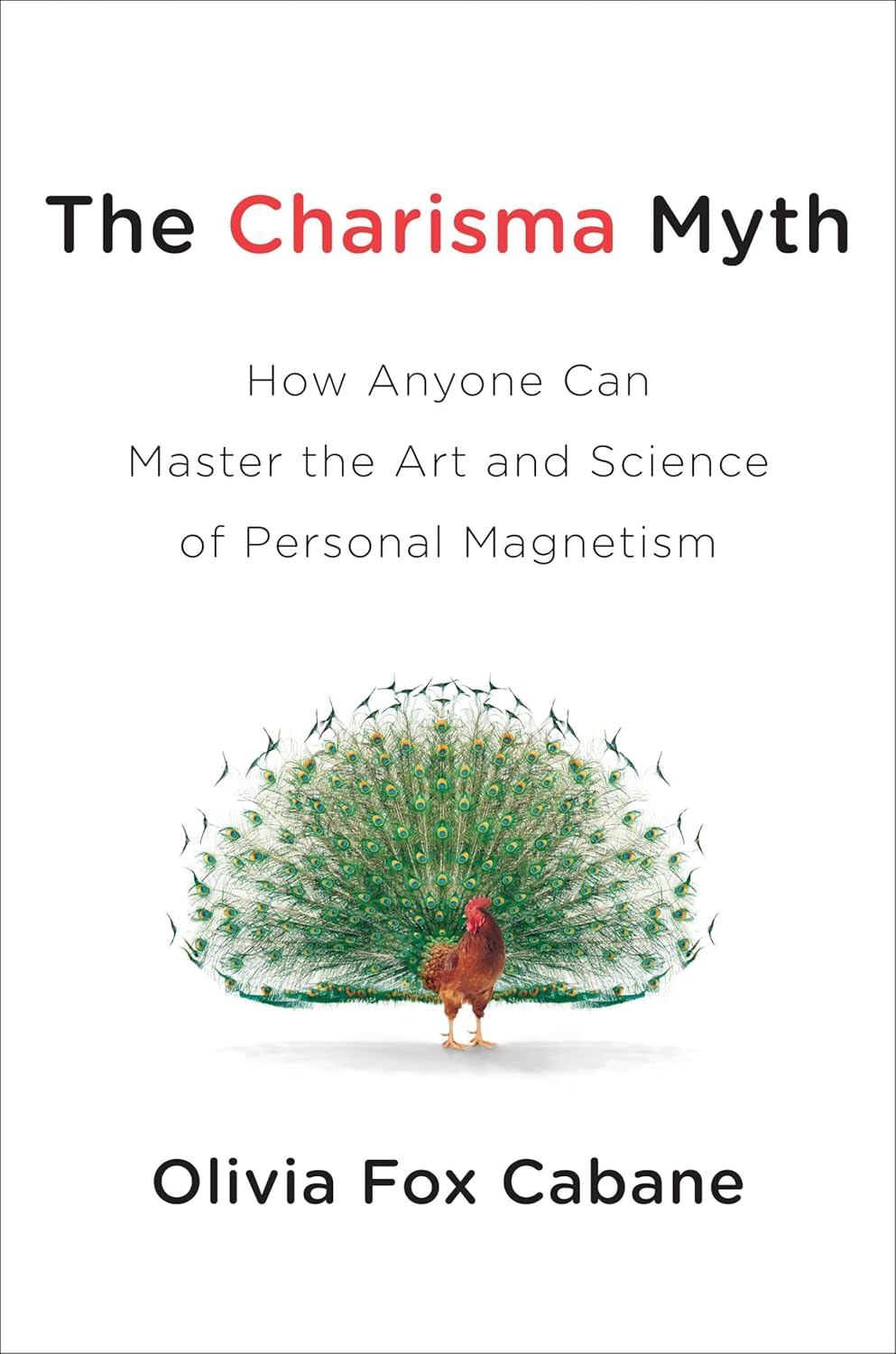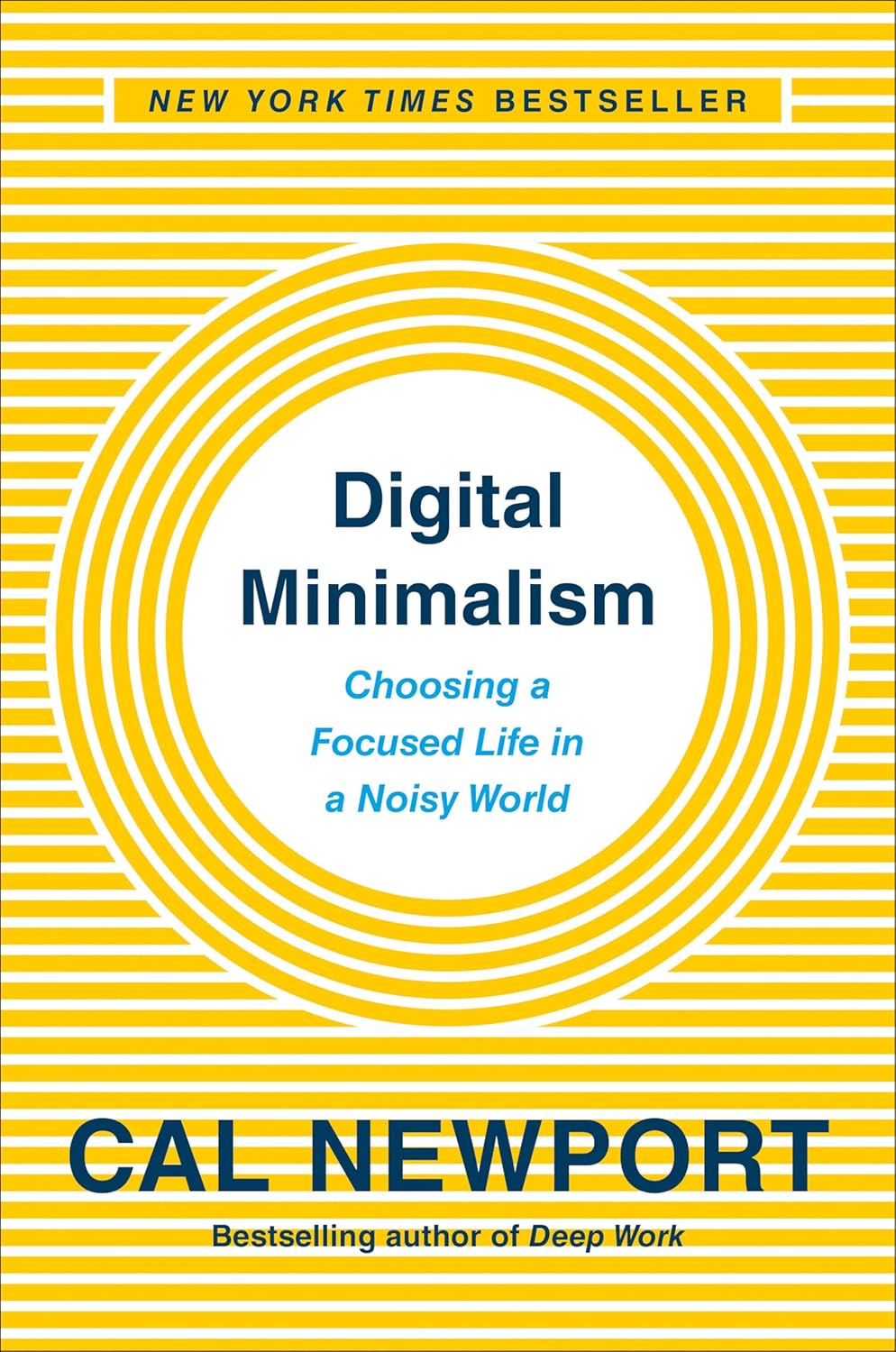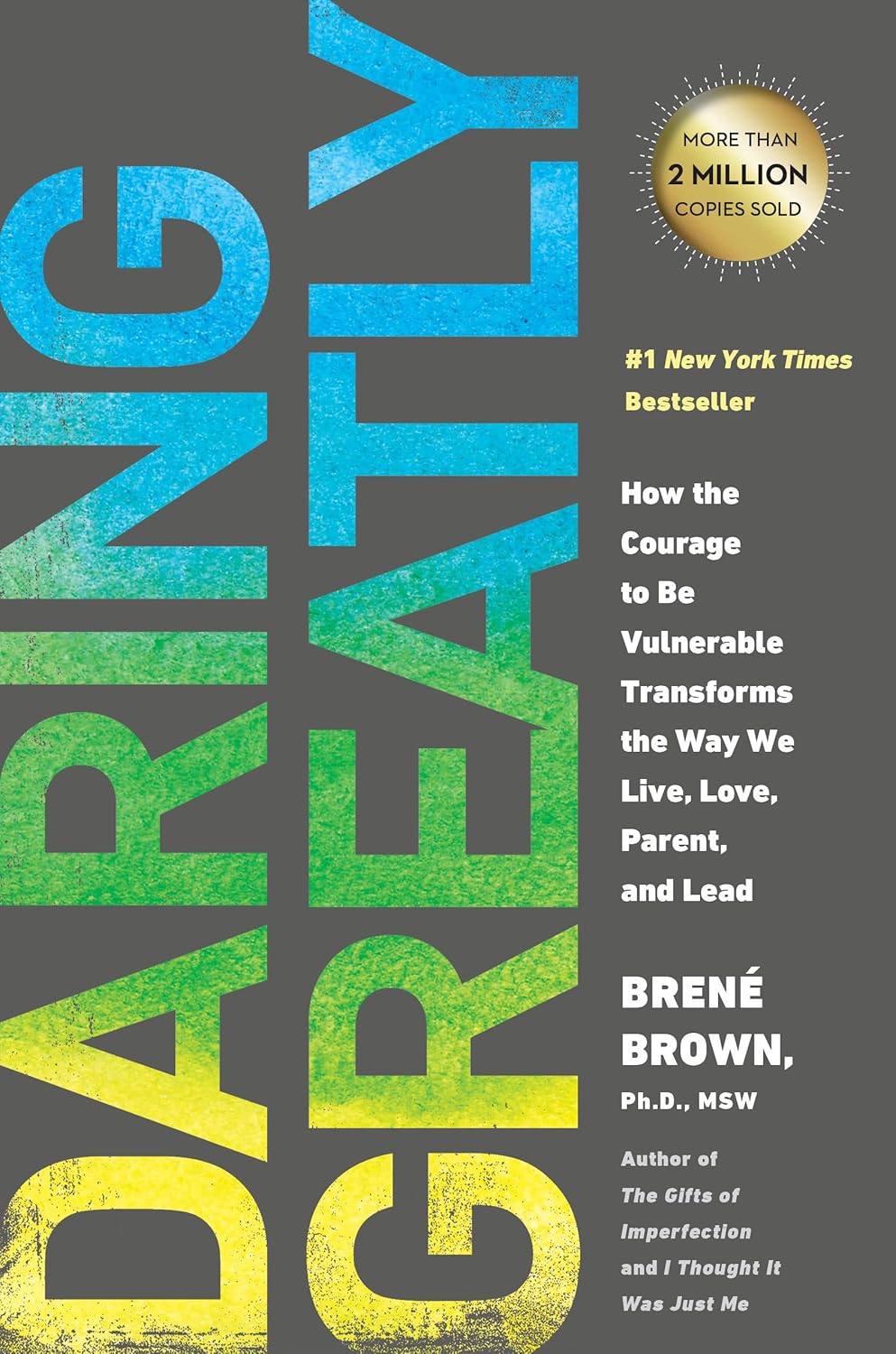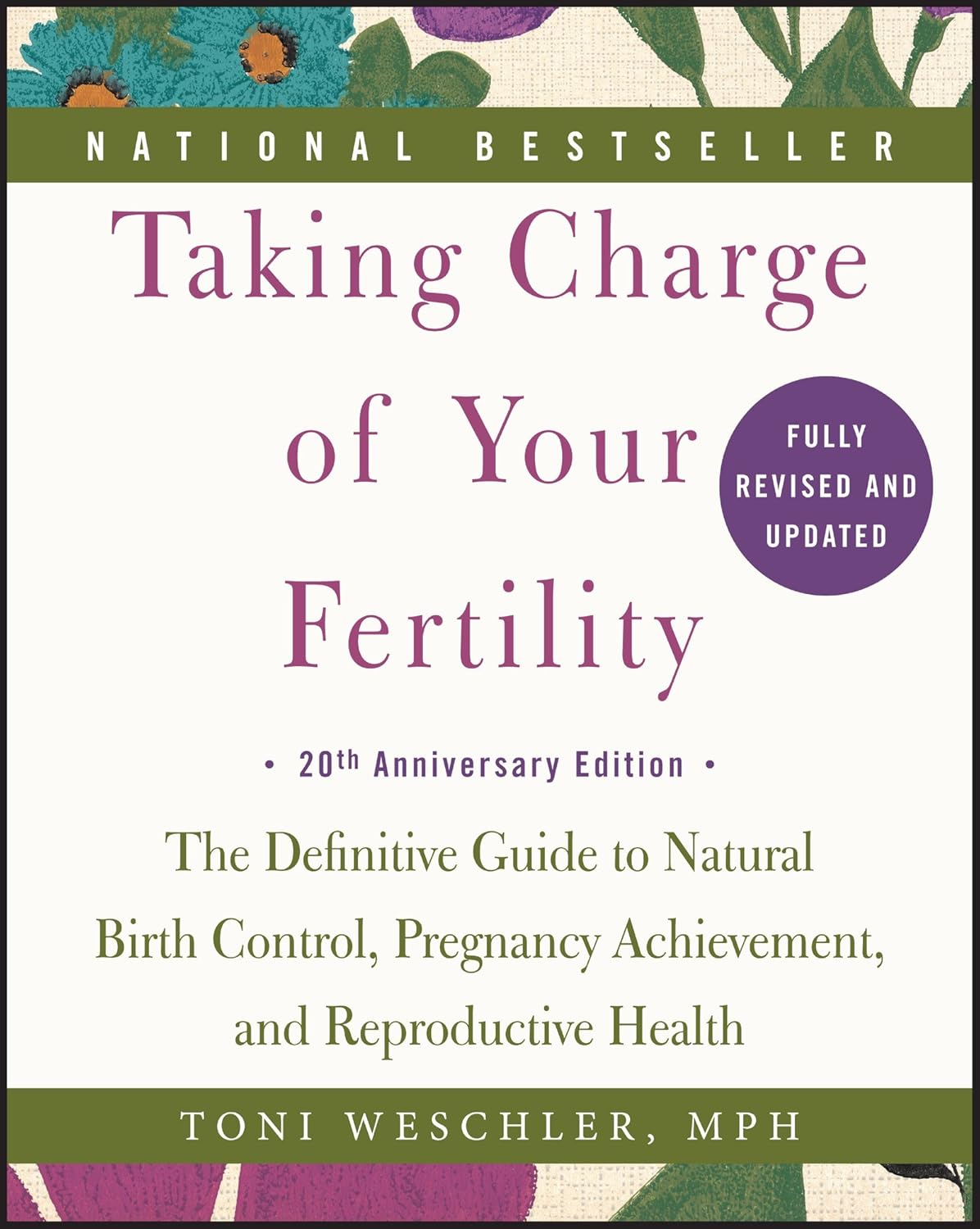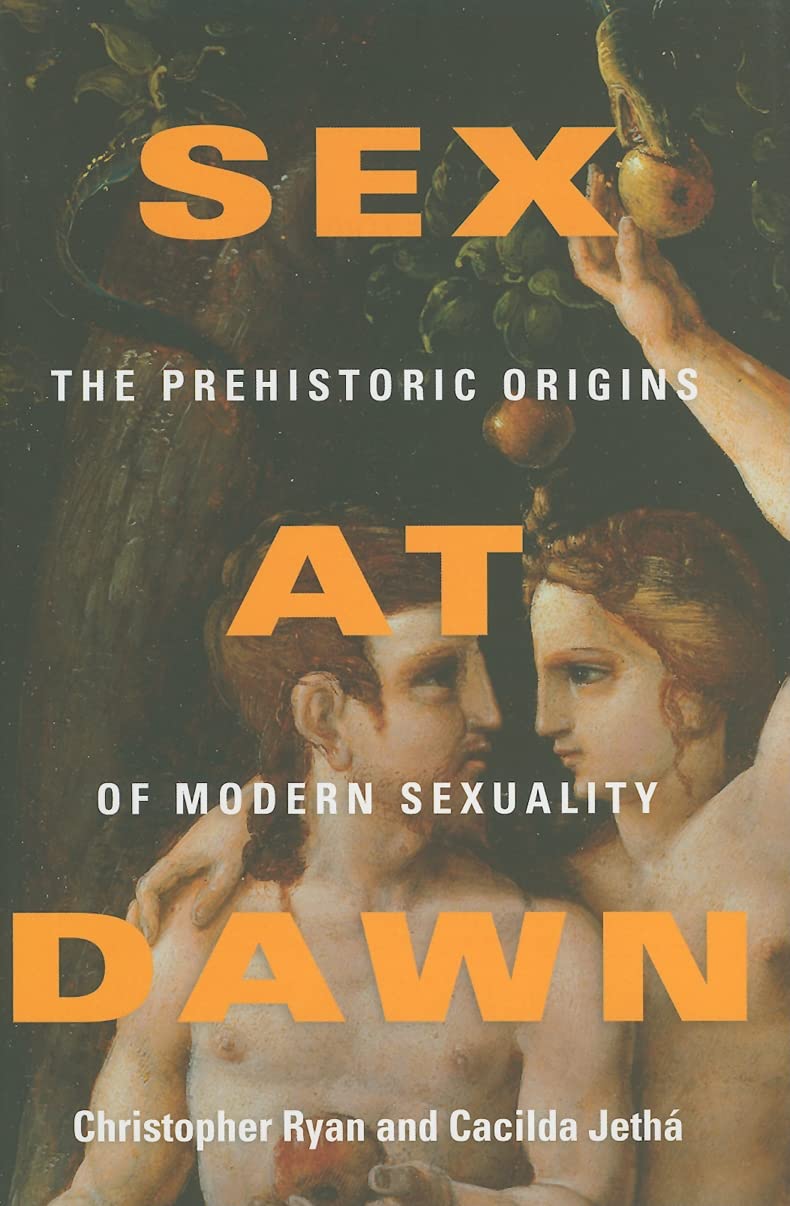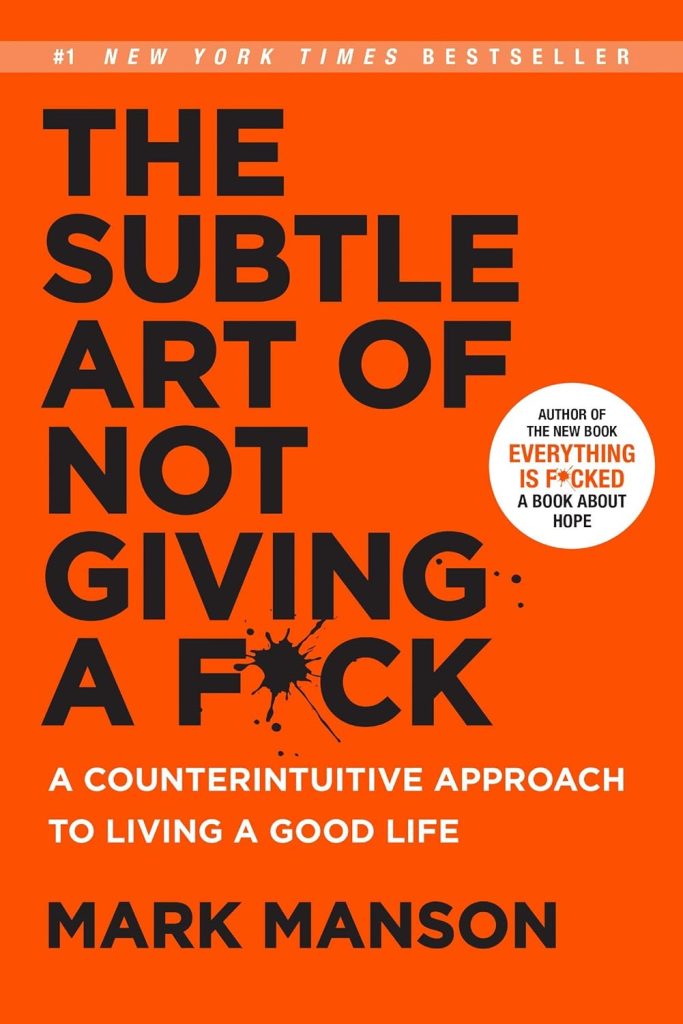
Buy The Book
The Subtle Art of Not Giving a F*ck

About
Mark Manson, a celebrated author and blogger, is known for his frank and unconventional approach to self-help. In “The Subtle Art of Not Giving a F*ck,” Manson challenges the pervasive cultural obsession with positivity and success, advocating instead for the acceptance of life’s inherent struggles as a path to genuine fulfillment.
The book opens with the story of Charles Bukowski, an unlikely hero who achieved success not by overcoming his flaws, but by embracing them. Manson emphasizes that true growth comes from acknowledging and accepting our weaknesses, rather than striving for unattainable ideals of perfection.
Throughout the book, Manson introduces concepts like the “Feedback Loop from Hell,” which illustrates how our obsession with avoiding negative experiences only amplifies our anxieties. He argues that the key to a meaningful life lies in choosing what truly matters and letting go of the rest. By highlighting the “backwards law,” Manson shows that the pursuit of positive experiences often leads to dissatisfaction, while accepting negative experiences can be transformative.
Manson’s work is a refreshing take on self-improvement, urging readers to prioritize their values and embrace life’s challenges with honesty and courage. Through humor and practicality, he offers a guide to living authentically and purposefully.

Spark
Learn
Review
✦ Don’t Try
Charles Bukowski was a man defined by his vices—an alcoholic, womanizer, and chronic gambler who spent decades trapped in a cycle of self-loathing and failure. Despite his dream of becoming a writer, his work was relentlessly rejected, labeled as crude and depraved. Stuck in a dead-end job at the post office, Bukowski spent his days filing letters and his nights drinking alone, occasionally hammering out poetry on a beat-up typewriter. His life seemed destined to be a meaningless blur, dominated by alcohol, gambling, and self-destruction.
Then, at fifty, Bukowski received an unexpected lifeline from a small independent publisher. The offer wasn’t lucrative, but it was his first real shot. Faced with the choice between staying in his miserable job or risking everything to become a writer, Bukowski chose the latter. He quit the post office, embraced his identity as a failure, and wrote his first novel, *Post Office*, in just three weeks. The novel’s dedication, “Dedicated to nobody,” reflected his cynicism and detachment.
Bukowski’s success wasn’t born from a relentless pursuit of self-improvement or a burning desire to overcome the odds. Instead, it came from his unflinching honesty about his own flaws and failures. He didn’t try to be a better person or a literary icon; he simply wrote about his own flawed existence with brutal honesty. Even after achieving fame, Bukowski remained indifferent to the trappings of success, continuing to live as he always had—drinking heavily, offending others, and embracing his identity as a “loser.”
Bukowski’s story challenges the conventional self-help narrative. His life suggests that fulfillment doesn’t come from striving to be more or better but from accepting yourself as you are. In a world obsessed with success, Bukowski’s legacy is a reminder that sometimes the key to happiness is caring less about what others think and focusing only on what truly matters to you.
✦ Happiness Is a Problem
About 2,500 years ago, in the Himalayan foothills of present-day Nepal, a king decided to make his son’s life perfect. The prince was raised in a palace surrounded by high walls, sheltered from any knowledge of suffering. He was spoiled with luxury, never knowing pain or hardship. However, despite his lavish upbringing, the prince grew increasingly dissatisfied, feeling empty and unfulfilled.
One night, driven by curiosity, the prince snuck out of th e palace and was shocked by what he saw—sickness, poverty, aging, and death. This exposure to human suffering threw him into an existential crisis. Disillusioned with his sheltered life, the prince blamed his father’s wealth and luxury for his misery. He decided to abandon everything—his royalty, family, and possessions—to live as a beggar, embracing suffering as a means to find meaning.
For years, the prince lived in extreme deprivation, enduring hunger, pain, and isolation. But this self-imposed suffering brought him no closer to understanding life’s deeper truths. Eventually, he realized that suffering, like wealth, held no inherent value when pursued without purpose.
Confused, the prince sat under a tree, vowing not to move until he discovered a better path. After 49 days, he had a profound realization: life itself is a form of suffering. Whether rich or poor, with or without family, all people suffer. This suffering is unavoidable, but rather than resisting it, we should accept it. The prince, who would later be known as the Buddha, built his philosophy around this central idea: pain and loss are inevitable, and true happiness comes not from avoiding them but from accepting them.
The belief that happiness is something to be achieved through success or fulfillment is flawed. Instead, dissatisfaction is a natural part of life, and embracing it is essential for finding lasting happiness.
✦ You Are Not Special
I once knew a guy named Jimmy, who was always hustling with new business ventures and big ideas. On any given day, he’d boast about consulting for some firm, developing a medical app, or being a keynote speaker at a charity event. He was constantly talking up his latest schemes and dropping names as if he were some hotshot, always on the go and full of positivity.
But beneath the surface, Jimmy was all talk and no action—a total deadbeat. He spent most of his time stoned, living off his family’s money, and squandering it in bars and restaurants. His “business ventures” never amounted to anything, and he managed to leech off girlfriends and distant relatives well into his late twenties. Despite his lack of real accomplishments, Jimmy had an unshakeable self-confidence. He believed that anyone who doubted him was just too ignorant to see his brilliance, and anyone who criticized him was simply jealous.
Jimmy did make some money, but it was through sketchy means, like selling someone else’s idea as his own or convincing others to invest in his nonexistent ventures. He even got paid for public speaking, though it was unclear what he could possibly teach others. The most astounding thing was how much he believed in his own bullshit. His delusion was so complete that it was almost impressive.
Jimmy’s story is a product of the self-esteem movement that began in the 1970s, which taught people to feel good about themselves regardless of actual achievement. But self-esteem based on nothing leads to entitlement. Jimmy felt he deserved success, admiration, and a lavish lifestyle without earning any of it. His delusional confidence made him seem successful, but it was all a facade. True self-worth comes from facing and improving upon our flaws, not from inflating our egos with false beliefs. Jimmy’s inability to confront his shortcomings left him chasing empty highs and living a life built on denial.
✦ The Value of Suffering
In late 1944, as Japan’s defeat in World War II became inevitable, Second Lieutenant Hiroo Onoda was sent on a near-suicidal mission to the Philippines. His orders were to never surrender and to disrupt the advancing U.S. forces on Lubang Island. When the Americans captured the island in early 1945, most Japanese soldiers either surrendered or were killed. But Onoda and a few men retreated into the jungle, waging a guerrilla war for nearly three decades.
Despite Japan’s surrender in August 1945, Onoda and his men refused to believe it. They dismissed leaflets dropped by the U.S. military and Japanese government announcing the war’s end as enemy propaganda. For years, they attacked local villagers, believing they were still fighting the war. Even after the Japanese government sent letters and photos from their families in 1952, Onoda remained convinced it was a trick.
By 1972, all of Onoda’s companions had either died or surrendered. Alone in the jungle, he continued his mission. When news of his survival reached Japan, a young adventurer named Norio Suzuki decided to find him. Incredibly, Suzuki located Onoda within four days by wandering the jungle and calling his name. The two formed a bond, but Onoda refused to surrender until his former commander came to Lubang in 1974 to officially relieve him of duty.
Onoda returned to Japan as a reluctant celebrity, but he was disillusioned by the country’s post-war culture, which he found shallow and consumerist. The Japan he had fought for no longer existed, and this realization crushed him. Feeling disconnected and betrayed by the new Japan, Onoda moved to Brazil in 1980, where he lived until his death. Despite his decades of suffering and loyalty to a lost cause, Onoda ultimately found that the meaning he had clung to was gone.
✦ You Are Always Choosing
Imagine someone forces you to run a marathon at gunpoint, threatening your life and your family’s if you don’t finish within five hours. Now imagine running the same marathon after months of training, with your loved ones cheering you on at the finish line. The difference between the two experiences lies in your sense of choice and control. When you freely choose to endure a challenge, it becomes meaningful and empowering. When it’s forced upon you, it becomes painful and terrifying.
This idea of choosing our problems is central to our sense of empowerment. William James, born into privilege but plagued by severe health issues, struggled to find his place in life. Despite his family’s wealth, James faced constant disappointment, including failing at medical school and nearly dying on an expedition to the Amazon. Depressed and directionless, he contemplated suicide.
In a final attempt to change his life, James committed to an experiment: for one year, he would believe he was entirely responsible for everything that happened to him, regardless of circumstances. If nothing improved, he would end his life. This experiment transformed him. James became a pioneering figure in American psychology, a Harvard professor, and a celebrated philosopher.
James’s journey illustrates a crucial point: while we can’t always control what happens to us, we can control how we interpret and respond to i t. We are always making choices, whether we realize it or not. The key to personal growth and fulfillment lies in consciously choosing what we care about, what values we live by, and how we measure our lives. The power is in recognizing that, no matter what, we always have a choice in how we respond to life’s challenges.
✦ You’re Wrong About Everything (But So Am I)
Five hundred years ago, people believed California was an island, doctors thought bleeding cured disease, and scientists believed in phlogiston. We now know these ideas were wrong. Similarly, our personal beliefs evolve as we grow. As a child, I thought “mediocre” was a vegetable, my brother found a secret passageway through a window, and “Washington, B.C.” was a prehistoric time-travel destination. As a teenager, I claimed not to care, but cared too much, thinking happiness and love were fate, not choices.
Throughout life, I’ve been wrong about everything, and that’s a good thing. Growth is a continuous process of being less wrong over time. Like Michael Jordan’s failures leading to success, my mistakes help me improve. We shouldn’t strive to be “right,” but to be less wrong each day. Our values are like hypotheses, and our actions are experiments. There’s no ultimate truth, only what seems right based on our experiences, which are also flawed.
Being fixated on being “right” stifles growth. We often avoid challenges because we fear testing our beliefs. It’s easier to cling to comforting but limiting certainties, like believing no one finds us attractive or that our boss won’t appreciate our work. This fear of doubt and change holds us back from true growth.
Instead of seeking certainty, we should embrace doubt and question our beliefs. Being wrong opens us up to growth and change. Just as we now laugh at the misconceptions of the past, future generations will likely laugh at ours. The key is to accept that we’ll always be wrong—just a little less wrong over time.
✦ Failure Is the Way Forward
I graduated college in 2007, just as the financial collapse hit, entering the worst job market in decades. Around the same time, my roommate skipped out on rent, leaving me and another roommate to cover the bills. I ended up living on a friend’s couch, scraping by with odd jobs while searching for a “real job.”
But I consider myself fortunate. I started adulthood at rock bottom, facing what many people fear most later in life: failure. With nowhere to go but up, I realized I had nothing to lose by trying something unconventional, like starting a blog and an online business. If I failed, I’d just end up where I started—no worse off.
Failure, I learned, is relative. If I had measured success by getting a stable job right out of college, I was a failure. But growing up in a wealthy family taught me that money alone isn’t a meaningful metric for success. I saw firsthand that you could be rich and miserable or broke and happy. What mattered to me was freedom and autonomy, not a paycheck.
So, I asked myself: Would I rather earn decent money doing something I hated or struggle financially while pursuing my passion? The answer was clear—I’d rather try and fail than not try at all. Even if I ended up broke and jobless a few years later, I’d at least have the experience and satisfaction of knowing I pursued what I valued most: the freedom to chart my own path.
In the end, not trying was the real failure, not the lack of money or a stable job. This mindset allowed me to take risks and pursue my own projects, even if it meant facing uncertainty and hardship along the way.
✦ The Importance of Saying No
In 2009, I sold or stored all my belongings and left for Latin America, fueled by the dream of living as a digital nomad. My dating advice blog had started making some money, and I planned to travel the world, living cheaply while building my business. It seemed like the perfect adventure for a twenty-five-year-old seeking excitement.
But beneath the surface, not all my motivations were healthy. Alongside my genuine curiosity and desire for adventure, there was a hidden sense of shame and commitment issues from my teenage years. I avoided committing to anything—relationships, places, or cultures—believing I could experience everything equally.
For five years, I traveled to 55 countries, making friends and flitting from one relationship to the next. While these experiences were exciting, they often felt shallow and ultimately meaningless. I realized that freedom without commitment meant little. True meaning comes from narrowing choices and committing to something—or someone—deeply.
This realization hit me during a trip to Saint Petersburg, Russia, in 2011. The harsh climate and blunt culture initially shocked me, but I grew to appreciate the unfiltered honesty of the people. Unlike the polite but often insincere communication in the West, Russians valued trust built through brutal honesty—a survival mechanism from their history under communism.
This exposure made me question the superficial niceties of my own culture, where appearances often matter more than authenticity. In the West, economic opportunity encourages people to present false selves for gain, leading to superficial relationships and a lack of trust. I learned that while freedom is valuable, it’s the commitment to something meaningful that truly enriches life. Now, living a more settled life in New York, I find satisfaction in the stability and depth that commitment brings.
✦ . . . And Then You Die
The most pivotal moment in my life happened when I was nineteen. My friend Josh and I went to a party at a lake north of Dallas. There was a small cliff, about thirty feet high, overlooking the water. We talked about jumping off it, but Josh wasn’t sure if he’d do it.
Later, while I was with a girl I had just met, Josh went down to the cliff. When we returned, the party was over, and there were sirens. People were searching the lake; Josh had jumped, and no one could find him. The divers discovered his body hours later. The autopsy revealed that alcohol and dehydration had caused his legs to cramp, and he drowned in the dark water.
Josh’s death plunged me into deep depression. I felt profound sadness and emptiness. During this time, I had dreams where Josh would speak to me, often questioning my fears and life choices. This period led to a major realization: if there’s no ultimate reason for anything, then there’s no reason to avoid living fully. I quit my bad habits, enrolled in college, and transformed my life. Josh’s death, though devastating, pushed me to embrace life more fully and purposefully.
I climb the rugged rocks at South Africa’s Cape of Good Hope, my muscles aching and my mind in a trance from the effort. Reaching the top, the expansive view feels like the edge of the world. Below, the ocean crashes against cliffs, while tourists dot the landscape far below.
As I approach the cliff’s edge, fear grips me. The closer I get, the more intense the sensation of danger becomes. My body reacts instinctively, urging me to retreat. Yet, I push past my fears, inching closer to the precipice. At a foot away, the sheer drop makes me feel like I’m floating, overwhelmed by vertigo and the urge to cry.
Sitting at the very edge, I’m filled with a thrilling, euphoric fear. The confrontation with my own mortality sharpens my sense of presence and appreciation for life. Ancient philosophies suggest that reflecting on death can enhance our understanding and enjoyment of life, pushing us to live more meaningfully. Eventually, I stand and walk back to reality, feeling lighter. An Australian tourist notices my experience and asks if I’m okay. I smile and respond, “Alive. Very alive.” As he heads down, I take one last look at the breathtaking view, feeling more alive and present than ever.
For People
– People Seeking Self-Improvement;
– Individuals Overwhelmed by Societal Expectations;
– Those Experiencing Existential Crisis;
– Readers of Non-Traditional Self-Help Books;
– Young Adults Facing Life Transitions;
Learn to
– Prioritizing What Truly Matters
– Embracing Life’s Challenges
– Accepting Imperfection
– Redefining Success and Failure – Developing Emotional Resilience
– Mindfulness and Presence





